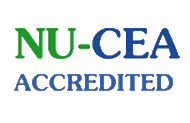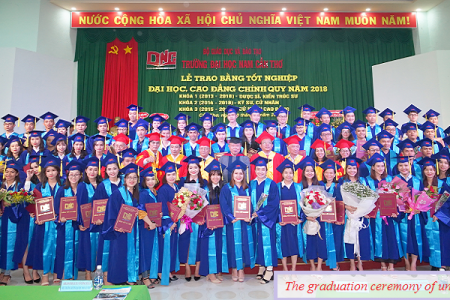Apr 20,2023
Regulations output standards of General medicine University degree
REGULATIONS OUTPUT
STANDARDS OF GENERAL MEDICINE
A. GENERAL INTRODUCTION
1. Education program
Majors: General Medicine
Sector code: 7720101
Degree training: Regular University (6 years)
College graduation degree: General practitioner
2. General objective
General Practitioner Training is the training of people with medical ethics, knowledge, and basic professional skills in medicine to identify, propose, and participate in solving individual and community health problems. It is also capable of doing scientific research and self-study to improve its qualifications, meeting the needs of protecting, taking care of, and improving people's health.
3. Specific goals
M1. Have basic scientific knowledge, both basic and specialized in Medicine.
M2. Detect pathological symptoms, analyze, evaluate, and diagnose health problems.
M3. Order and analyze the results of basic functional tests and techniques.
M4. Ability to apply acquired knowledge to treat common diseases and solve problems in the medical field with strategic and creative thinking.
M5. Knowledge of laws, policies, and regulations in the health sector and in the work of medical examination and treatment - improving people's health.
M6. Develop professional skills, dedication, honesty, objectivity in expertise, communication skills with patients, patient’s relatives, and colleagues, self-study and self-improvement skills in the specialized field, and ability to adapt to the changing work environment.
B. OUTPUT STANDARDS OF GENERAL MEDICINE
Graduates of General Medicine must possess the knowledge, skills, autonomy, and responsibility, specifically as follows:
1. Knowledge
PO1: Having a strong theoretical background and in-depth knowledge in the field of health.
PO2: Mastering the techniques and having practical knowledge to be able to diagnose, provide treatment, detect, classify, and refer in a timely manner.
PO3: Mastery of techniques and knowledge of treatment of common diseases and first aid treatment.
PO4: Accumulating background knowledge of basic knowledge, industry, and specialized knowledge in the field of health, creating a foundation for developing new knowledge.
PO5: It is possible to continue studying to improve qualifications.
PO6: Having knowledge of management, administration, law, and environmental protection related to the field of health.
2. Skills
PO7: Have the skill to detect pathological symptoms;
PO8: Be capable of specifying the results of basic functional testing and techniques;
PO9: Be able to complete diagnosis of common diseases;
PO10: Be able to complete first aid and treatment guidelines in different contexts; PO11 Have skills in analyzing, synthesizing, evaluating data and information, and synthesizing collective opinions;
PO12: Be able to use new achievements in science and technology to solve real or abstract problems in the field of health;
PO13: Be capable of leading expertise to handle regional and local scale issues;
PO14: Have foreign language skills at a level that can understand the main ideas of a report or speech on familiar topics in work related to the health industry; be able to use foreign languages to express and handle a number of common professional situations; be able to write reports with simple content and present opinions related to professional work.
3. Decision-making and responsibility
PO15: Having the ability to lead professionally and professionally;
PO16: Take initiative in performing assigned tasks; capable of self-direction, adapting to different working environments; self-study, accumulate knowledge and experience to improve professional qualifications;
PO17: Ability to draw conclusions on common professional and technical issues and some complex technical issues; capable of planning, coordinating, and promoting collective intelligence; have the capacity to evaluate and improve professional activities on a medium scale
4. Job opportunities
After graduation, general practitioners can work in hospitals, medical facilities, medical and pharmaceutical training institutions, research institutes, health science management agencies, organizations, and individuals, both governmental and non-governmental.
Treatment facilities involve doctors directly involved in treatment and management in public and private hospitals.
Training facilities include lecturers of universities, colleges, and medical schools, as well as training managers.
Research specialists employ institutes in the fields of health sciences, medicine, biomedicine, and medical technology.
Regulatory agencies employ specialists in health regulatory agencies, as well as specialists in state and non-governmental organizations.
5. Advanced graduate level
After graduation, students can continue to study and improve their professional qualifications at the Master's, Level 1 Specialization, Resident Doctorate, Level 2 Specialization, and Doctoral levels.
C. REFERENCE
Output standards for the undergraduate training program in General Medicine of Nam Can Tho University are built on the basis of reference:
- According to the circulars and regulations of the Ministry of Education and Training;
- The training program as well as the output standards of the general medicine majors of the Can Tho University of Medicine and Pharmacy, the Ho Chi Minh University of Medicine and Pharmacy, and the Thai Nguyen University of Medicine and Pharmacy.



